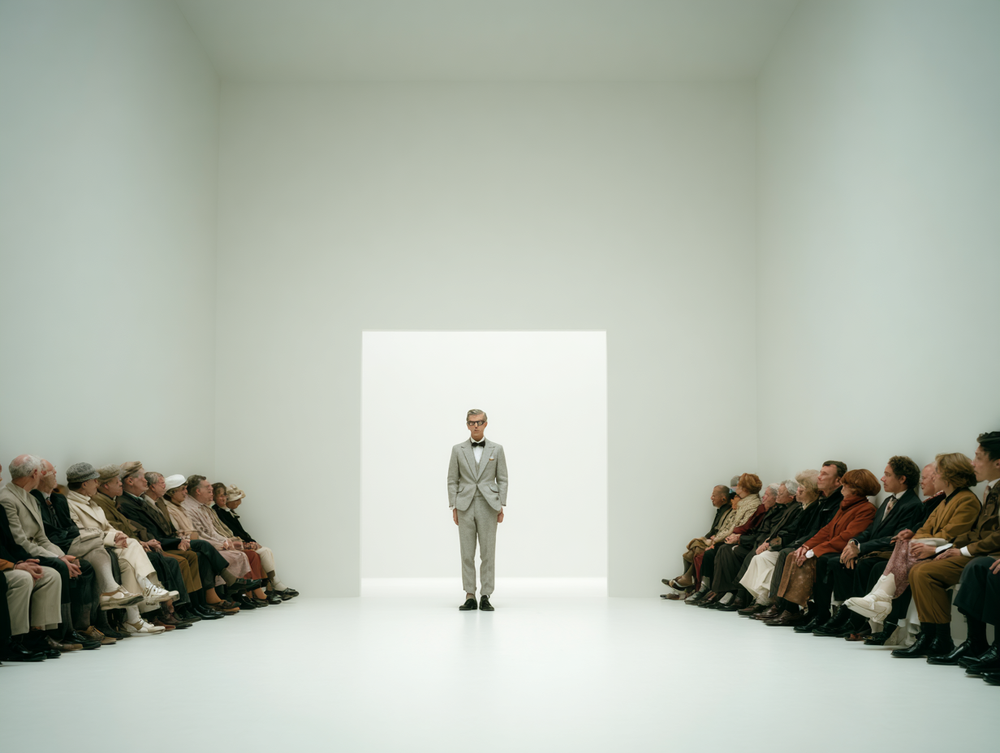In 1977, Ken Olsen, founder of Digital Equipment Corporation, declared that "there is no reason for any individual to have a computer in his home." By 1981, IBM's executives were convinced that the personal computer market would never exceed 275,000 units. That same decade, a McKinsey study concluded that cell phones would never be more than a niche product for a few thousand users worldwide.
These weren't random predictions from amateurs. They came from industry leaders, people with decades of experience, access to the best data, and teams of analysts. They were wrong by orders of magnitude.
The uncomfortable reality is that the people we trust most to be right are often spectacularly wrong. In an age of infinite information, the question isn't whether you should trust experts—it's how to tell the difference between wisdom and credentialed ignorance.
This content is only available to subscribers
Subscribe now and have access to all our stories, enjoy exclusive content and stay up to date with constant updates.
Unlock contentAlready have an account? Sign In







